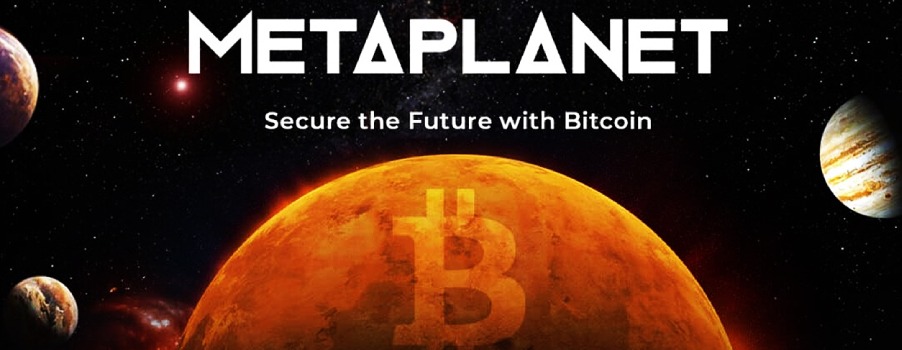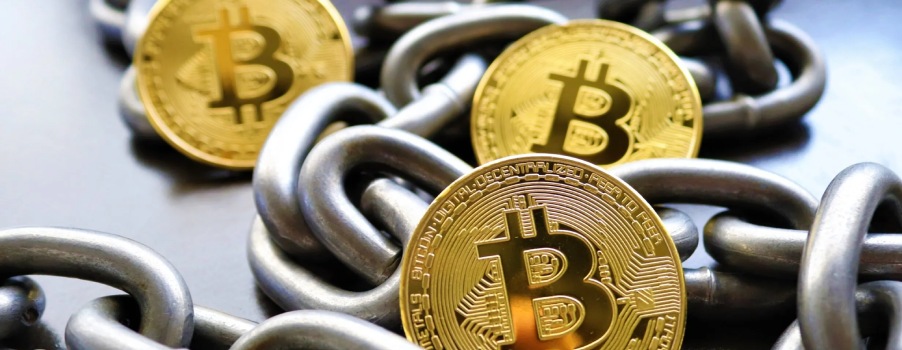It has been a long-time coming, but crypto finance is maturing. Large issuers are becoming more deeply connected to global rules, and the rails that move digital dollars around the world are now firmly on regulators’ radar. A glaring showcase of this was when Tether froze more than $500 million in USDT connected to a suspected betting and money-laundering network in Turkey, in one of the largest asset freezes the crypto sector has seen.
CEO Paolo Ardoino said the action followed direct outreach from law enforcement. Tether reviewed the information, determined it fell within legal requirements, and moved to block the funds. The case adds to a growing list of interventions by the stablecoin giant, which says it has frozen more than $3 billion in assets over similar issues.
Dealing with the Inevitability of Regulatory Attention
USDT has become a core tool for moving money across crypto platforms because it is fast, dollar-pegged, and widely accepted. That combination makes it useful for everything from trading to funding accounts on digital platforms that operate outside traditional banking hours. But the same features that make stablecoins convenient also attract regulatory attention when funds flow through high-risk channels.
This latest freeze shows how much the landscape has shifted. Crypto was once framed as beyond the reach of traditional financial controls, yet major issuers like Tether now work closely with global authorities and can shut down large pools of funds when required. For everyday users, that is a reminder that stablecoins may run on blockchains, but the companies behind them still operate within legal systems.
With more than $187 billion USDT in circulation, Tether sits at the center of crypto liquidity. When it acts, markets notice. Enforcement actions of this size highlight both the scale of stablecoin adoption and the increasing pressure on major players to monitor how their tokens move.
Record Profits Regardless
While tightening cooperation with regulators, Tether is also expanding aggressively. The company reported around $10 billion in profit in 2025 and has been channeling that capital into a wider mix of assets and industries.
Recent investments include $150 million into Gold.com and a $100 million stake in Anchorage Digital, a federally regulated US digital asset bank. It is also funding Bitcoin mining operations and backing projects in areas like decentralized communications and artificial intelligence.
The strategy points to a company that is no longer just issuing a stablecoin but building a broad digital asset empire. As Tether’s reach grows, so does its influence over the infrastructure that underpins much of the crypto economy. While it gets crypto into the hands of more people, including online gamblers, there is still concern about whether it will fall back to what crypto gamblers were avoiding in the first place.










